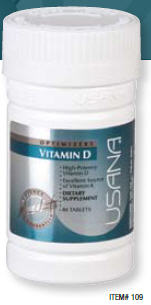Low-fat diets reduce cancer risk
Too much animal products and not enough vegetables and sunlight may increase a woman’s risk for breast cancer. A new study suggests diet may be the number one risk factor for breast cancer.
William B. Grant, Ph.D., studied the diets of breast cancer patients from 35 countries who had passed away. He found females living in countries with high-fat diets tend to eat more animal products, drink more alcoholic beverages, and eat less fish than women living in countries with low-fat diets. This group of women was also found to produce more estrogen and more insulin-like growth factors, both of which have shown to be strong risk factors for breast cancer. The females in those countries considered to consume lower-fat diets on average eat more vegetable products, which contain many risk-reduction ingredients including antioxidants and phytoestrogens. Fish contains high levels of vitamin D and essential oils and may also reduce cancer risk.
Grant’s research also demonstrates a relationship between breast cancer mortality and sunlight. Results show exposure to UV-B radiation, the waves of sunlight that produces vitamin D, significantly lowers the mortality rate among breast cancer patients. In fact, according to study results, breast cancer patients who live in the northeastern part of the United States and in Europe are twice as likely to die than those in the southwestern part of the United States. Thus, Grant suggests adult women in the United States and Europe increase their sun exposure (without burning) and take vitamin D supplements.
SOURCE: Cancer, 2002,94:272-281

USANA Vitamins Supplements Vitamin D is formulated with maximum strength vitamin D in one tablet. USANA’S supplement has 2000 IU of vitamin D per tablet.

